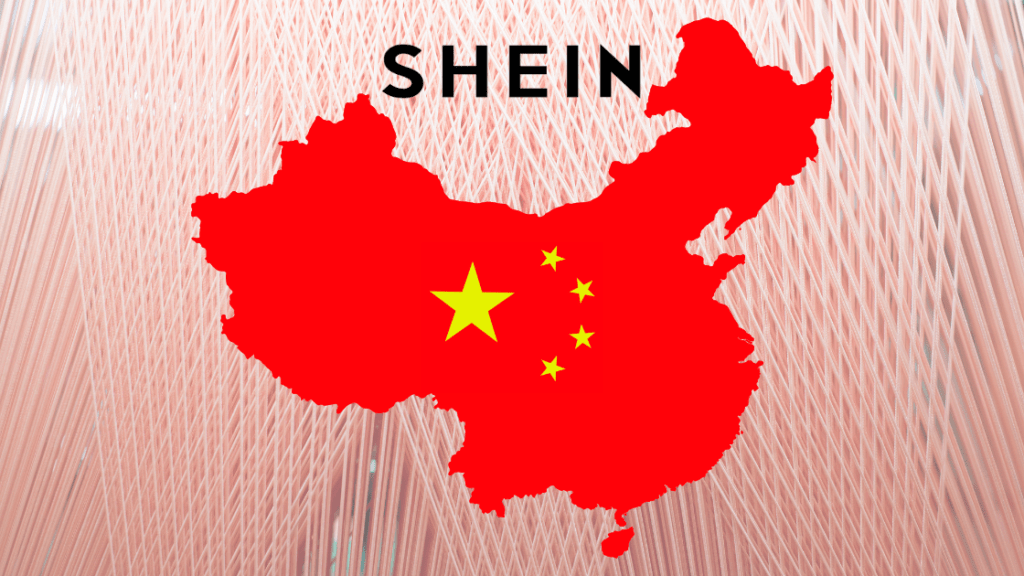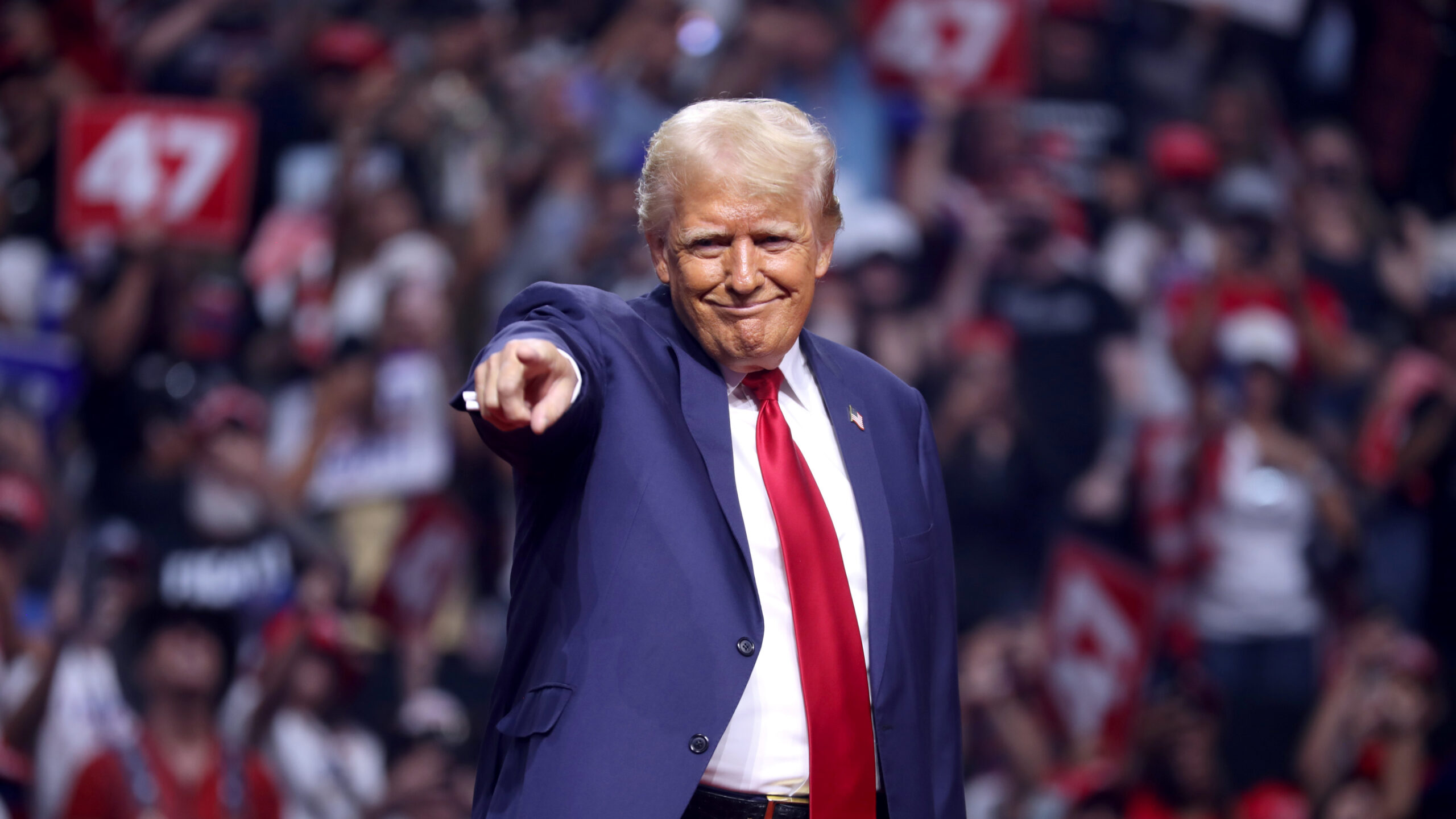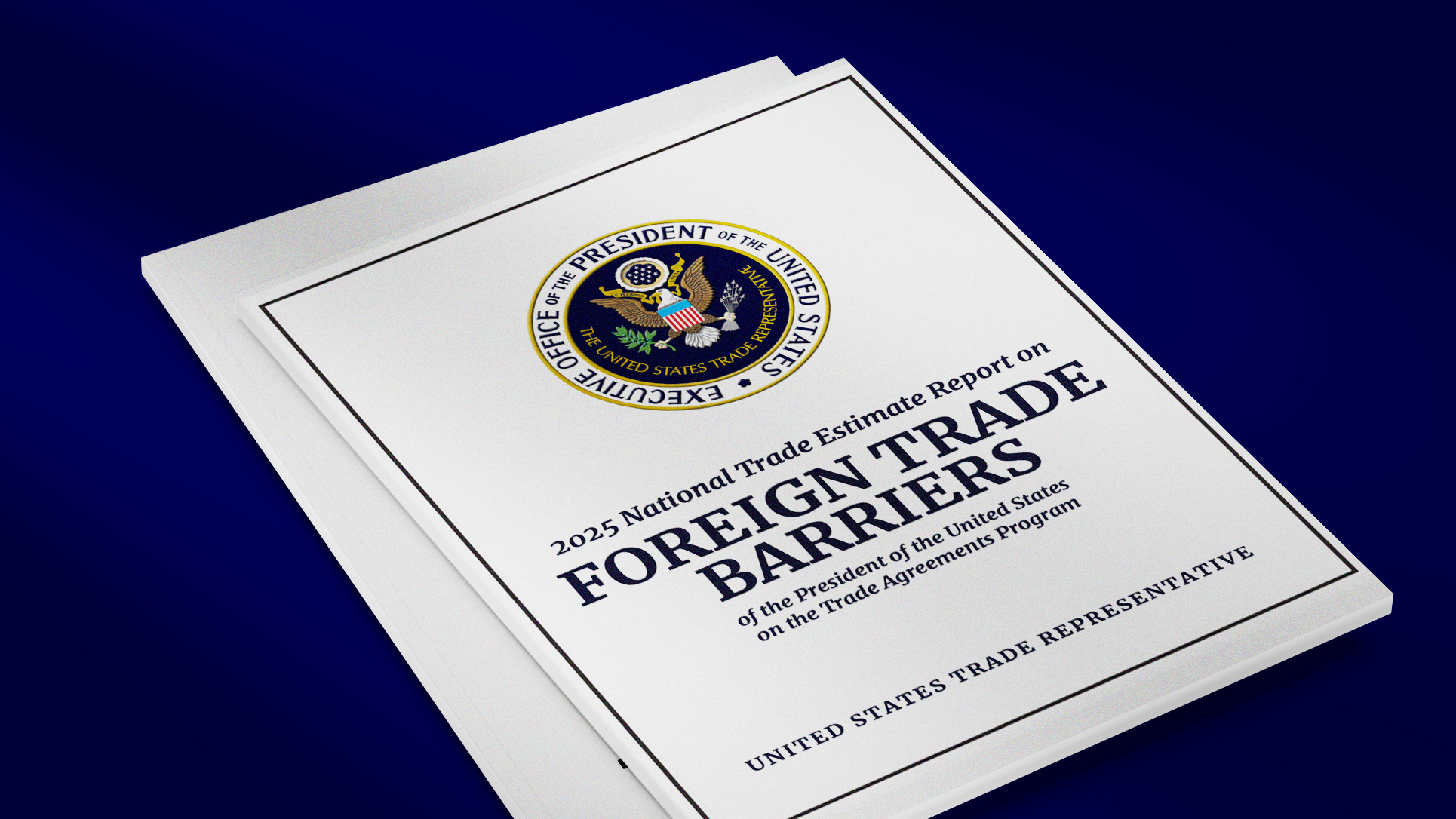Shein’s Fast Fashion business reminds me of the barker in Pinocchio, (to paraphrase) “Get your tank tops, dress, sweaters, and t-shirts! Buy all you can! Be a glutton! Stuff your bags! Hurry, hurry, hurry, hurry!” Who could imagine that a small order-fulfillment Chinese company with almost no garment manufacturing experience would become the world’s largest fast fashion retailer in less than two decades?
The Fast Fashion market is the equivalent of mall shopping, with or without the mall. In November 2022, Shein accounted for 50 percent of U.S. sales among the most prominent fast fashion competitors. Back in January 2020, they only had 12 percent of those sales.
Shein’s massive success is no accident and not just the result of a more innovative business model. The company’s exponential growth depends on the Chinese Communist Party (CCP) trade behavior, America’s De Minimis loophole, and U.S. hubris regarding the international tax code.
Secretive Shein’s success relies primarily on cheap deals for American consumers who don’t care how, where, or what quality of goods they order online. Shein learned to advertise through TikTok, reaping the benefits of its robust data collection. But even with those advantages, the company could not gain such vast market share and price advantages without operating exclusively from China under specialized trade and tax rules.
Shein whitewashes negative press regarding environmental and labor abuses by instead mentioning unverified, positive practices on their website or in press releases, and ignoring the issue. This strategy relies on over-promoting low-cost deals to make consumers forget about Uyghur slave labor and heavy carbon emissions. Consumers can read a website promise of sustainability or good labor standards, and feel good about their purchases.
Using an aggressive TikTok incentives program, the company harnesses the power of ByteDance-owned algorithms. One-third of the American population uses TikTok for an average of over 80 minutes daily. Shein uses TikTok to feed advertising by one of the most effective A.I. systems on the planet. Like Pinocchio and his friends, most consumers don’t even know this is happening.
But Shein’s true marketing genius is that it ascribes a veneer of business savvy to cloak its tax and trade advantages.
Most Shein customers aren’t aware that the company has benefitted greatly from China’s actions against the United States in 2018. The CCP effectively waived export taxes for direct-to-consumer companies during a trade war. Since Shein doesn’t sell inside China, the CCP knew they were playing a long game of trading government revenues for American market share. Shein could export to the U.S. and pay no export tax.
Meanwhile, most Shein products ship for less than $800. This allows Shein to ship packages across legal U.S. ports of entry without paying any tariff or facing any review. So even when the U.S. has an effective tariff percentage on finished garments, these Shein products are exempt. Shein has the advantage of no export tax and no tariffs for sales into the U.S.
Surely the United States must tax Shein on its profits made off of American consumers? No. Multinational corporations are addicted to their short-term tax advantages over U.S. companies. But America’s domestic companies still have to worry about paying higher effective tax rates than multinational corporations. And Shein knows how to avoid paying most U.S. income taxes altogether.
As the multinational companies prop up the archaic idea that only a physical presence in a country should establish a taxing right, they grant companies like Shein an even more significant advantage.
In the 21st century, Shein and its disciple companies love America’s “physical presence” self-imposed limitation. They can create shell companies, subsidiaries, and other entities to lock away otherwise taxable profits. Their goal is to ensure that little to none of Shein’s profit is taxed by the United States on sales to American consumers.
The U.S. needs to adopt a smarter tax system. Otherwise, more offshore companies like Shein will benefit by hiding taxes.
Shein is an exporting giant whose only actual tax liability is the CCP minus all the tax advantages granted for producing in China. In theory, Shein might owe tax liability through the new Corporate Alternative Minimum Tax, but only if they cross the line of a three-year average annual financial statement income exceeding $1 billion.
Shein deals are too good to be true, and our economy will pay the price unless Congress is willing to fix it. We know what happened to the users on Pleasure Island in Pinocchio.
Companies like Shein should be taxed based on the profits derived from their sales in the United States. Their business design is egregious enough to warrant a specialized tax rule. Shein relies on American credit systems and access to our consumer credit markets. We can tie their access to recognizing U.S. taxing rights for their significant market use.
Shein should be taxed in the U.S. for sales to American consumers, and so should any company that follows this model.
We must fix our De Minimis threshold and corporate income tax liability for companies like Shein. If Shein were made to pay taxes like American companies do for access to our market, domestic U.S. businesses would have a chance to compete. If we do not, American retail will go offshore, and American manufacturing will not recover. Fixing our tax code can reverse course for both.












